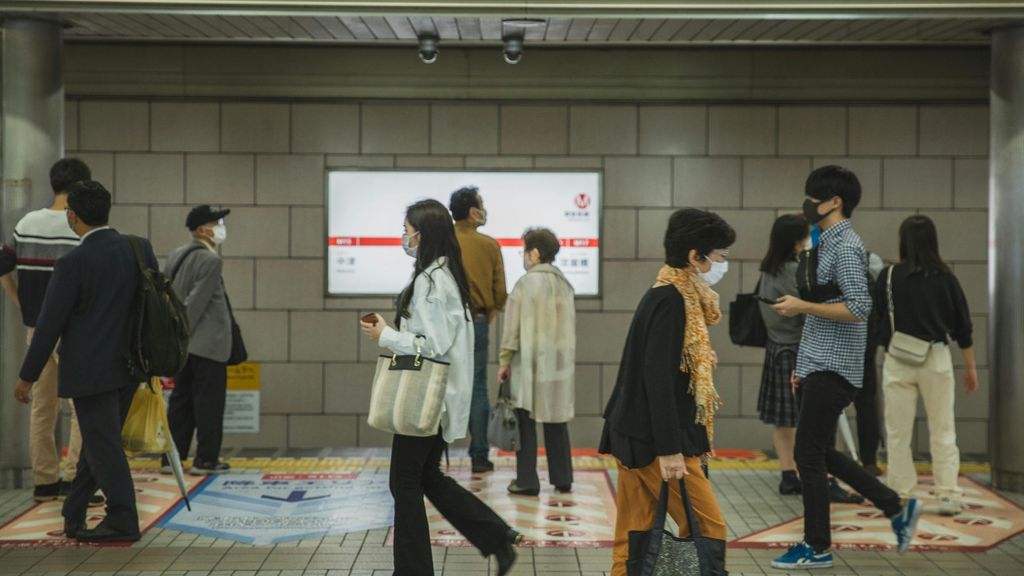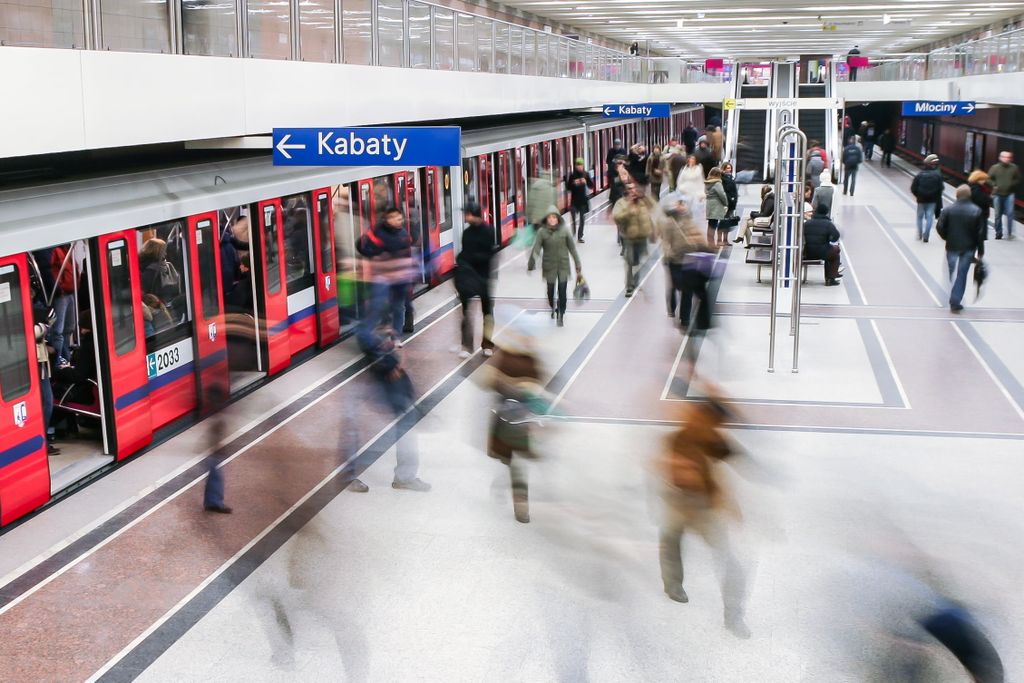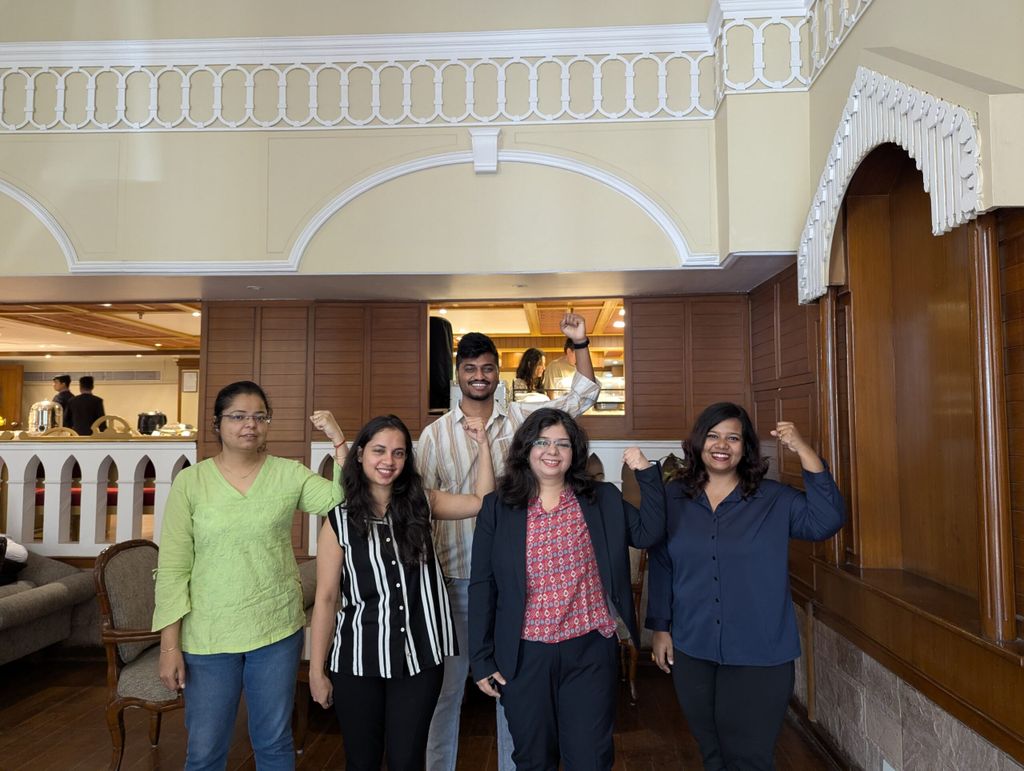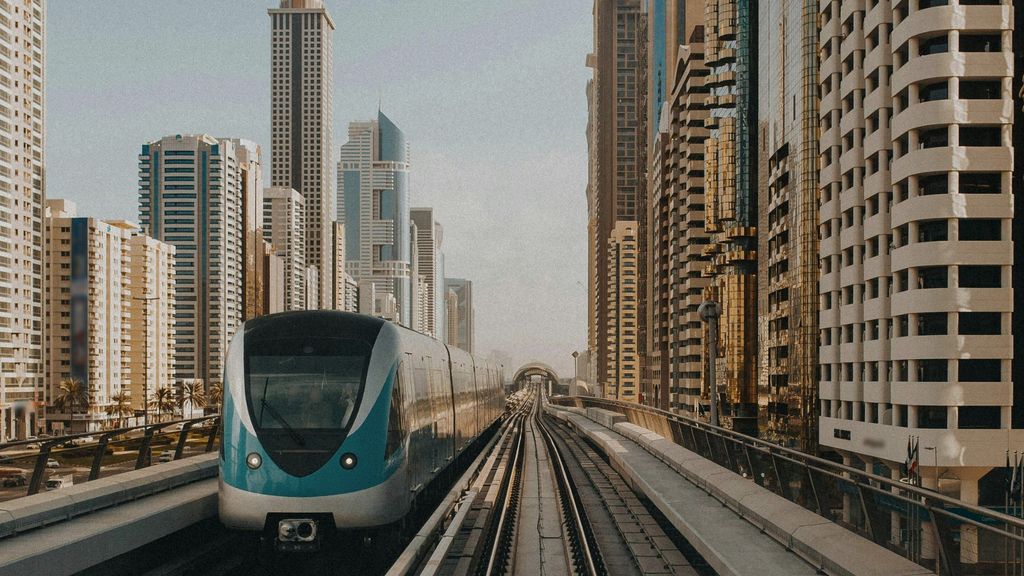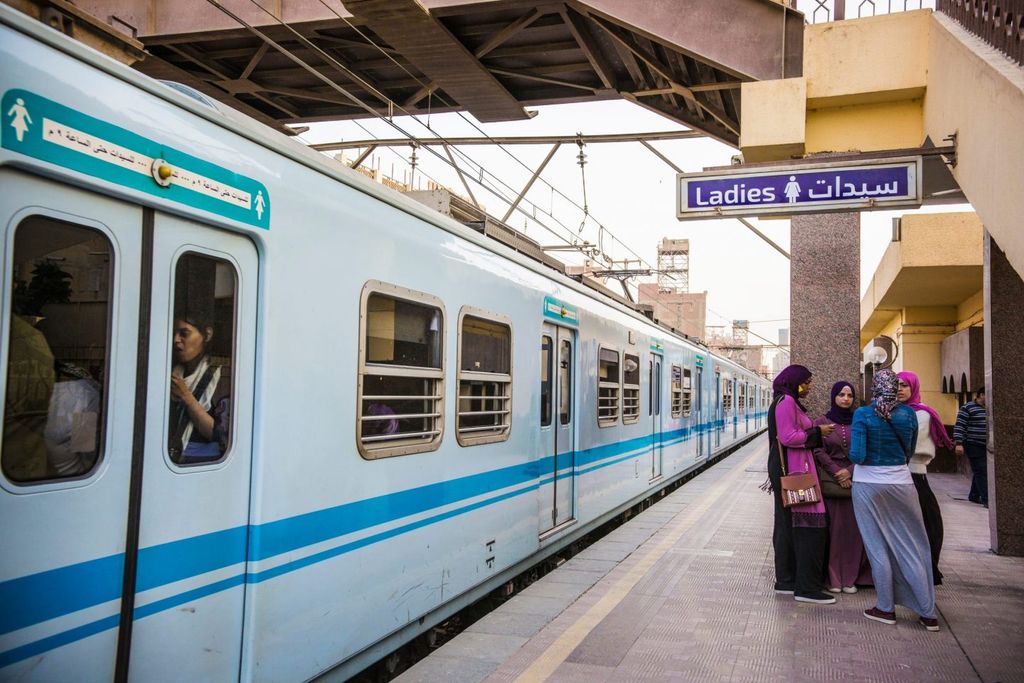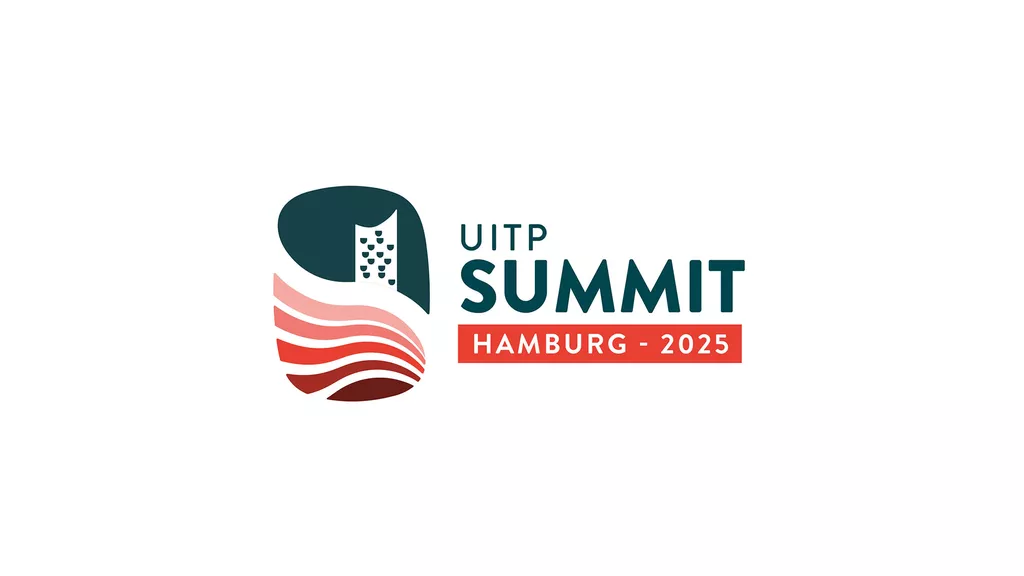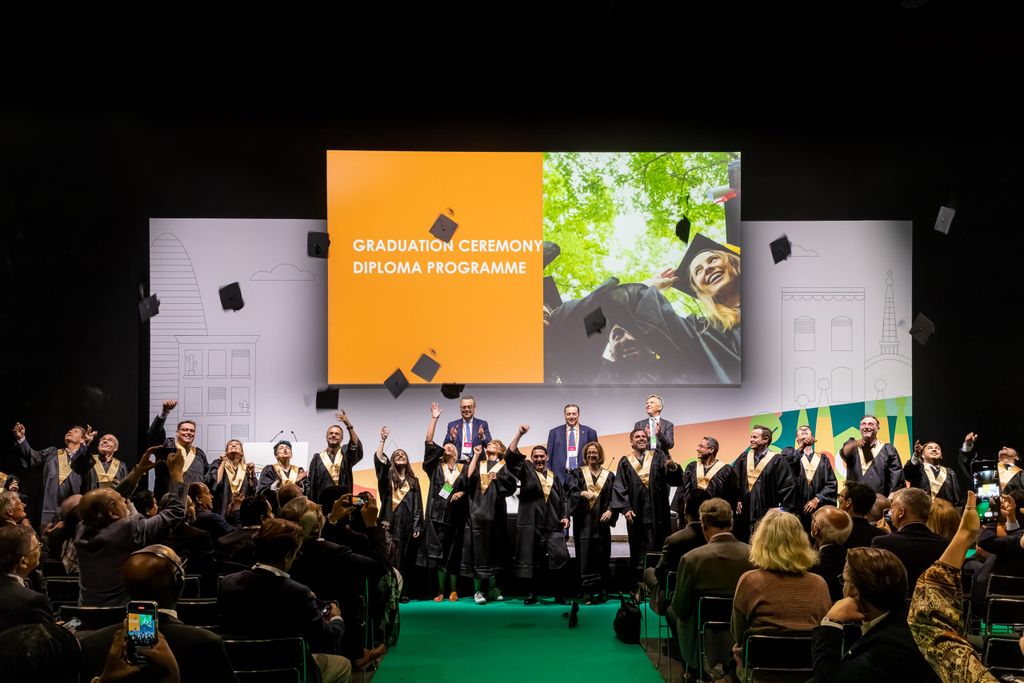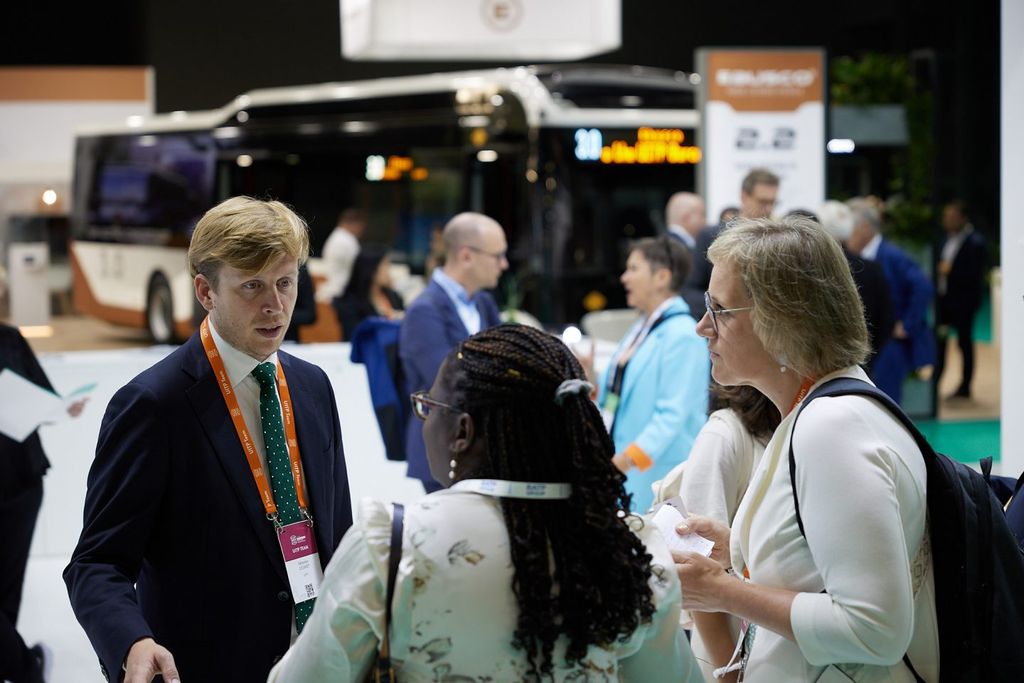
Closing out the Summit in Barcelona's bright light - Day 4 at the UITP Summit
As the bright light of the city continues to shine on Barcelona, the UITP Global Public Transport Summit 2023 comes to a close. And the final day was once again filled with discussions, meetings and inspiration.
Doctor Maria Neira of the World Health Organisation (WHO) kicked off the day with a serious warning. “Pollution is killing us. A sustainable transport system is a critical part of public health; to reduce air pollution, to reduce traffic deaths, and to reduce non-communicable diseases.”
She called on ministers and mayors across the world to have two things on their desk. The most important: a current measurement of the air quality in your city. “Start by looking at that every day, and make policies that will help improve that number.”
From sessions on green finance to accessibility, knowledge sharing continued to the last minutes.
Adi Lau of MTR for example, discussed MTR’s unique ‘Rail a plus Property’ model, making them a profitable railway operator.
“When we build a railway, we take the opportunity to build a community, sometimes out of nothing. We are very fortunate to be involved in the property development around our transit development.”
In the coming weeks, we will publish a brief report diving deeper into the content of the Summit’s main pillars: cities and people. Keep an eye on our social media channels so you won’t miss it!
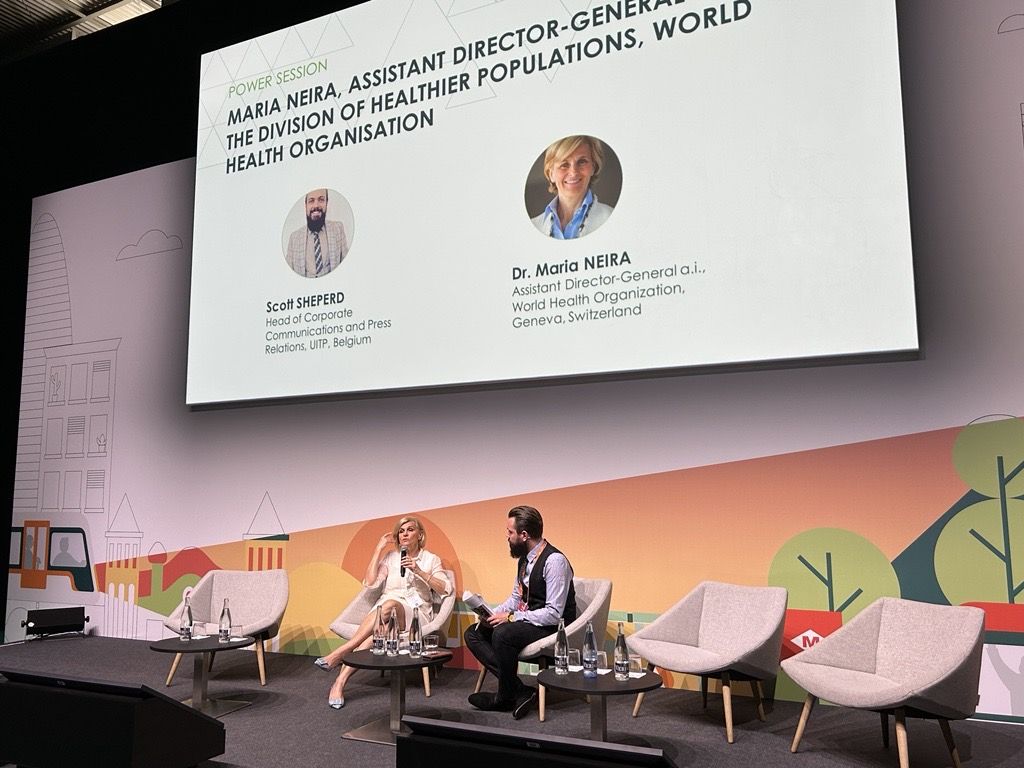

“Good things finish so fast unfortunately”, said outgoing UITP President Khalid ALHOGAIL. During the closing plenary session he received a mosaic thanking him for his leadership and gave a short speech. “It makes me proud to leave with a confidence and trust that there are more people to come, we are a great chain of leaders.”
President-elect Reneé Amilcar also took to the stage to address the community. “The people in this room – they are already converted to the cause of public transport. What we need to do is take that message far and wide, further and wider.”
Looking ahead to her tenure as president, Reneé noted that: “sustainability is more than talking about climate change. It’s about creating a strong coalition of leaders creating a better future.”
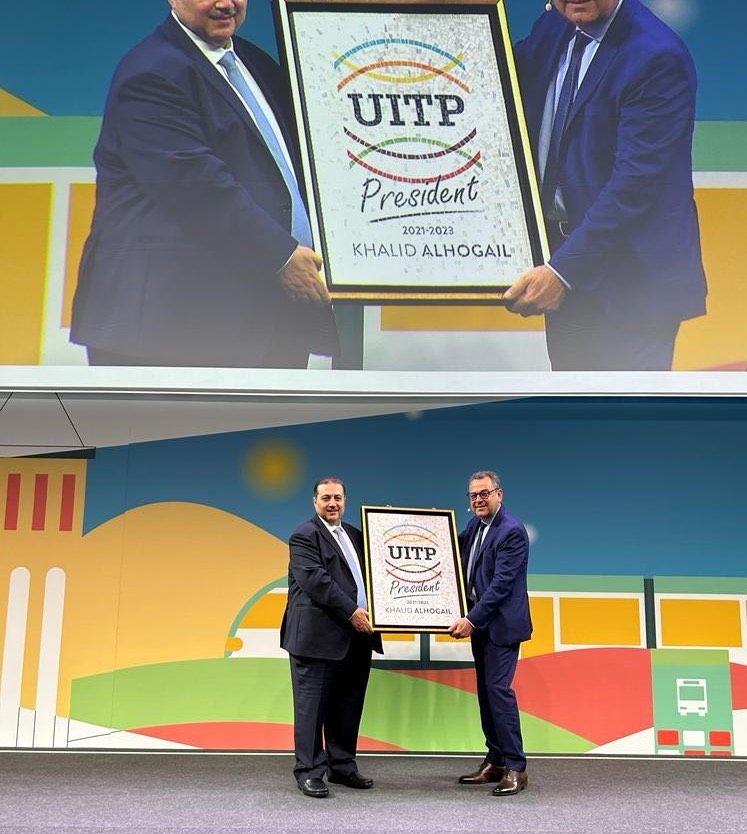
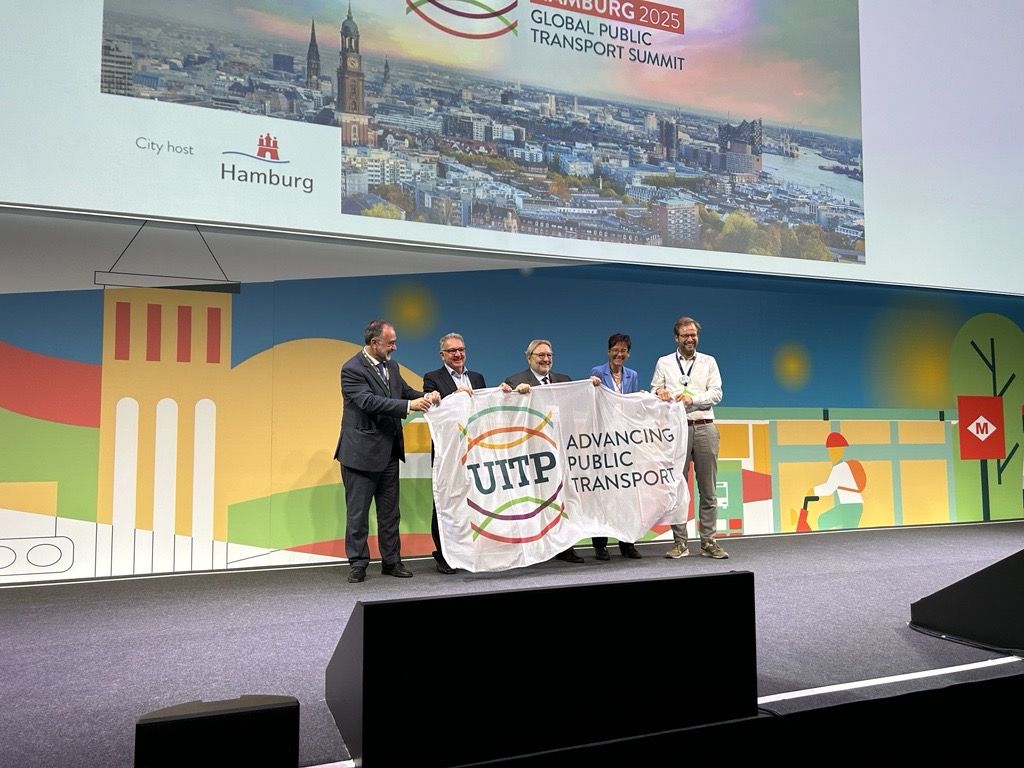
Hamburg 2025, The next Summit
As is tradition at the Summit, the host city of this edition hands the UITP flag to their successor.
For one week, the UITP Global Public Transport Summit and Exhibition turns one city into the global centre of public transport, and shared and on demand mobility. Hamburg will succeed Barcelona to host the UITP Summit in 2025 and 2027.
Known for its rich cultural heritage, stunning architecture and bustling ports, Hamburg is a vibrant and diverse metropolis.
“I am delighted that Hamburg will become the host of the UITP Summit in 2025 and 2027”, says UITP Secretary General Mohamed Mezghani*. “Our new event format will see the world of urban mobility arrive in the city not once, but twice, across two editions. I look forward to seeing what both editions will bring.”
UITP publishes new report
The benefits of full metro automation are widely known today. However, fully automating existing lines (brownfield) is far from being as obvious a choice as to choose full metro automation for a new line (greenfield).
In addition to a cost benefit analysis, Public Transport Authorities (PTAs) and Public Transport Operators (PTOs) should understand the multiple challenges from a technical, project management and human resources point of view. This was presented during a relevent session today, as part of a Report developed by the Metro Committee.
The publication looks specifically at brownfield metro automation projects and aims to be a supportive tool for organisations in their planning and implementations phase. “Brownfield metro automations: Considerations for GOA4, GOA3 and GOA2 upgrade projects” is available to members on MyLibrary.
Download the report on MyLibrary
A European partnership on clean bus
What saw the light of day at the UITP Summit in 2019, concludes in the same fashion: after four years, the Clean Bus Europe Platform (CBEP) held its Final Event Barcelona. The CBEP, an initiative under the European Commission’s Clean Bus Deployment Initiative, facilitated exchange of knowledge between cities that are well progressed with clean bus deployment (Host Cities), and those who are yet to take the plunge (Target Cities). Going beyond the Target Cities, the Platform has been a true reference point for the sector on clean bus activities, also through a valuable media collaboration with Sustainable Bus magazine.
“The CBEP has played a key role in boosting the uptake of clean buses all across Europe,” says Aida Abdulah, Head of the Mobility Enablers Unit at UITP. “We have given cities who are looking to make their fleets more sustainable the contacts and tools to make that happen. I’d like to think of the Platform as a strong launch of a European partnership that will continue for many years to come.”
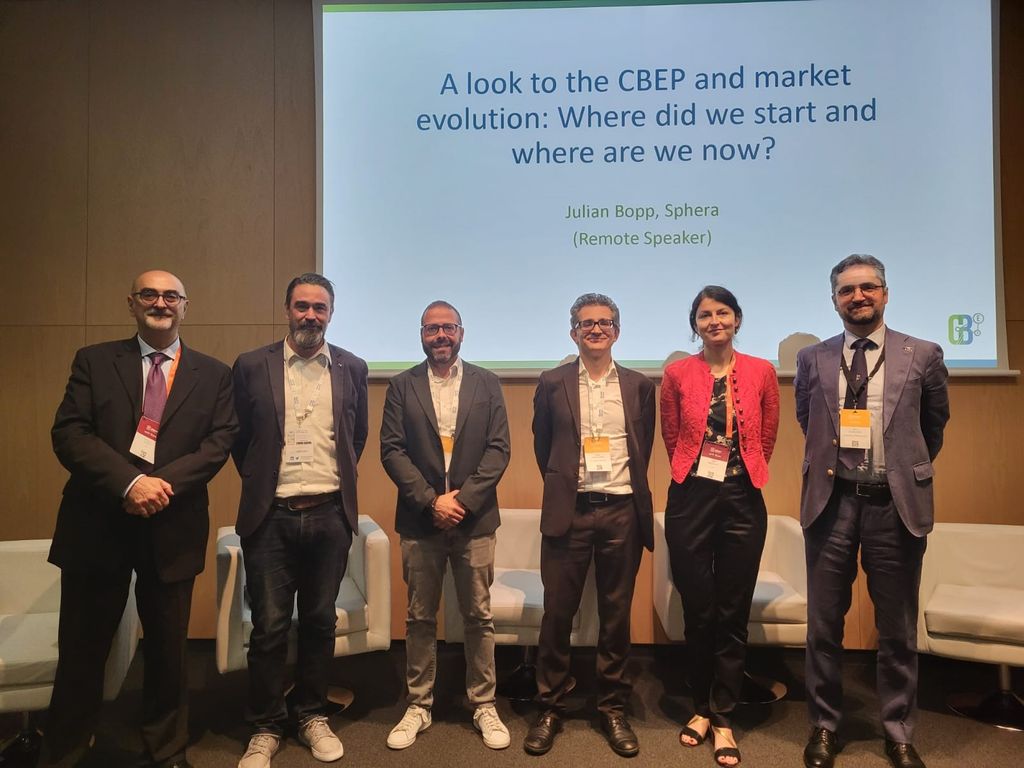

*Acting on behalf of Mohamed Mezghani SARL
Membership benefits


